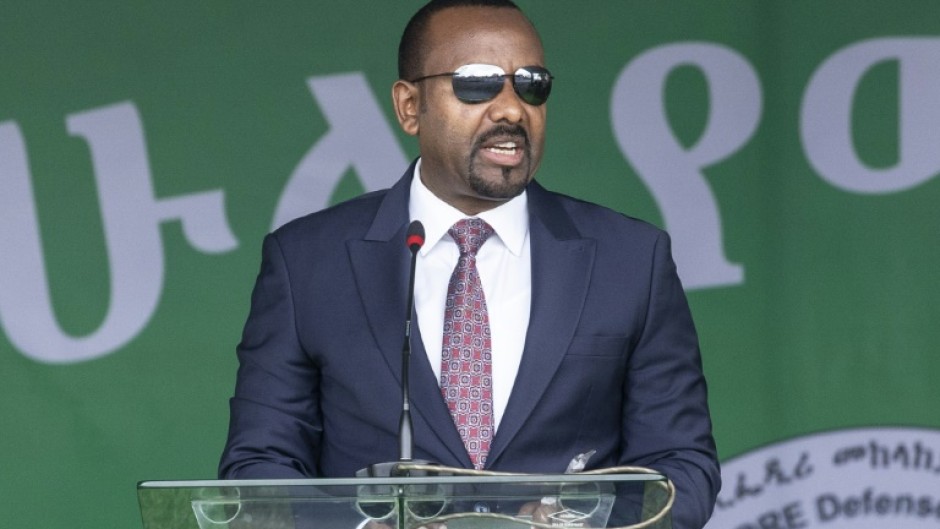MOGADISHU - Ethiopian lawmakers on Thursday approved the appointment of intelligence chief Temesgen Tiruneh as deputy to Prime Minister Abiy Ahmed, in a high-level reshuffle that comes as the country faces rumbling internal conflicts, a food crisis and regional tensions.
READ: Somalia rejects Ethiopia-Somaliland deal as 'aggression'
In other moves, Abiy's foreign policy aide Taye Atske Selassie was named foreign minister, while national security advisor Redwan Hussein replaces Temesgen as head of the National Intelligence and Security Service (NISS).
Abiy's office described the high-level changes as a "step towards strengthening the nation's leadership", in a post on X, formerly Twitter.
Temesgen is regarded as a strongman figure, a close ally of the prime minister, who has selected him for key positions during times of crisis.
Africa's second most populous country, with around 120 million people, is currently grappling with a number of challenges, including violence in several areas, food insecurity and economic woes.
Ethiopia also stirred regional tensions after reaching an agreement in January with the breakaway Somali region of Somaliland to gain long-sought access to the sea, infuriating Mogadishu.
"In the current period of geopolitical tensions that Ethiopia is experiencing, Abiy is tightening the team around him with people he trusts," said Patrick Ferras, head of the Strategies Africaines think tank.
- 'Extensive experience' -
Both the roles of foreign minister and deputy prime minister had been held by long-serving politician Demeke Mekonnen, who was dropped as vice-president of Abiy's ruling Prosperity Party late last month in a move that foreshadowed Thursday's appointments.
Under the constitution, the role of deputy prime minister does not carry any particular power other than those responsibilities entrusted to him by the prime minister.
He is also charged with replacing the prime minister in his absence.
Abiy told parliament that Temesgen, a married father of two, had "extensive experience" in public service.
In 2019, Abiy installed him as head of the Amhara region after the assassination of its leader and other senior regional officials, which the federal government described as an attempted coup.
Temesgen was then appointed to head the NISS in 2020 during a massive reshuffle in the country's security apparatus at the start of the two-year war in the northern Tigray region in November of that year.
Since Ethiopia declared a state of emergency in the restive Amhara region in August 2023, Temesgen has headed a "command post", a military structure responsible for security under the measure.
Ethiopian federal forces have been fighting an Amhara "self-defence" militia known as the Fano, which felt betrayed by the November 2022 Tigray peace deal and moves by Abiy to dissolve regional forces.
- Reshuffle -
Turning to Taye, Abiy said he had decades of diplomatic experience, serving as ambassador in several postings abroad including Washington and the United Nations, as well as working in various international organisations.
In another security change, Tigist Hamid, who served as deputy director general of the country's intelligence and cyber-security agency INSA, will now head the organisation, the prime minister's office said.
Lawmakers also approved the nomination of Mekdes Daba, currently working at World Health Organization headquarters in Geneva, as health minister.
The gynaecologist-obstetrician replaces Lia Tadesse, who had been health minister since 2020, during the time of the Covid-19 pandemic, after serving as state minister for health since 2018.
Thursday's reshuffle has ended Demeke's lengthy term as deputy prime minister and follows his replacement last month as vice president of the Prosperity Party by Temesgen.
He had been deputy prime minister since 2012, shortly after being elected vice-president of the EPRDF, the coalition which ruled for nearly three decades until Abiy rose to power in 2018.
He became foreign minister in November 2020 at the outset of the conflict between federal government forces and Tigrayan rebels.
By Aymeric Vincenot

